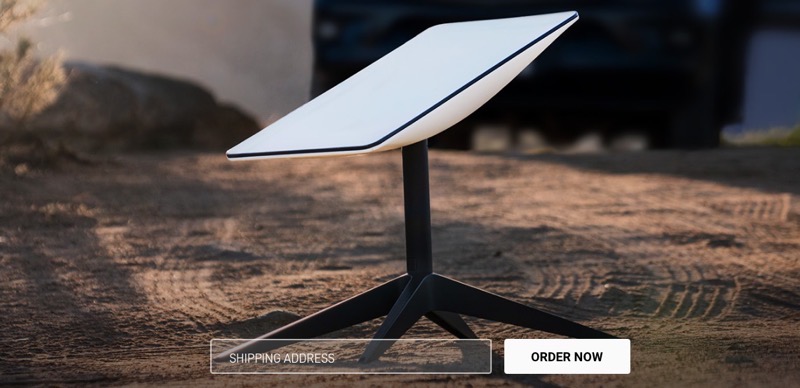
Elon Musk and Israeli Minister Clash Over Starlink’s Role in Gaza
SpaceX CEO Elon Musk responded to U.S. Congresswoman Alexandria Ocasio-Cortez’s concerns about communications blackouts in Gaza on early Saturday morning. But that statement also led to a conflict with Israel who opposed the move.
“Starlink will support connectivity to internationally recognized aid organizations in Gaza,” Musk stated on X, formerly known as Twitter.
Shlomo Karhi, Israel’s Minister of Communications, immediately countered Musk’s statement. “Israel will use all means at its disposal to fight this. HAMAS will use it for terrorist activities. There is no doubt about it, we know it, and Musk knows it. HAMAS is ISIS. Perhaps Musk would be willing to condition it with the release of our abducted babies, sons, daughters, elderly people. All of them! By then, my office will cut any ties with Starlink,” Karhi posted on X.
Musk retorted, “We are not so naive. Per my post, no Starlink terminal has attempted to connect from Gaza. If one does, we will take extraordinary measures to confirm that it is used only for purely humanitarian reasons. Moreover, we will do a security check with both the U.S. and Israeli governments before turning on even a single terminal.”
We are not so naive.
Per my post, no Starlink terminal has attempted to connect from Gaza.
If one does, we will take extraordinary measures to confirm that it is used *only* for purely humanitarian reasons.
Moreover, we will do a security check with both the US and Israeli…
— Elon Musk (@elonmusk) October 28, 2023
Tedros Adhanom Ghebreyesus, head of the World Health Organization, and Lynn Hastings, UN resident and humanitarian coordinator, both expressed the need for reliable communication for healthcare facilities in Gaza.
The exchange comes against a backdrop of ongoing conflict in the region. Israel has been conducting aerial bombardments and also a ground response in Gaza following a terror assault by Hamas on October 7, which resulted in significant casualties and abductions. Both sides have reported thousands of deaths.
Earlier this month, Israel confirmed it was in talks with SpaceX for Starlink internet during its war with Hamas in Gaza. But now it appears access be allowed in Gaza for humanitarian reasons.
While Musk supports Ukraine in its war against Russia, he also did not want to be directly involved in the war via Starlink. He was accused of deactivating Starlink in Ukraine that would have allowed the latter to attack a Russian naval fleet. But Musk said the area in question was not activated at all, but Ukraine had demanded he turn it on.
The Starlink regions in question were not activated. SpaceX did not deactivate anything.
— Elon Musk (@elonmusk) September 7, 2023
The debate over Starlink’s potential role in Gaza highlights the complexities of providing humanitarian aid in conflict zones, especially when technology and security concerns intersect.


